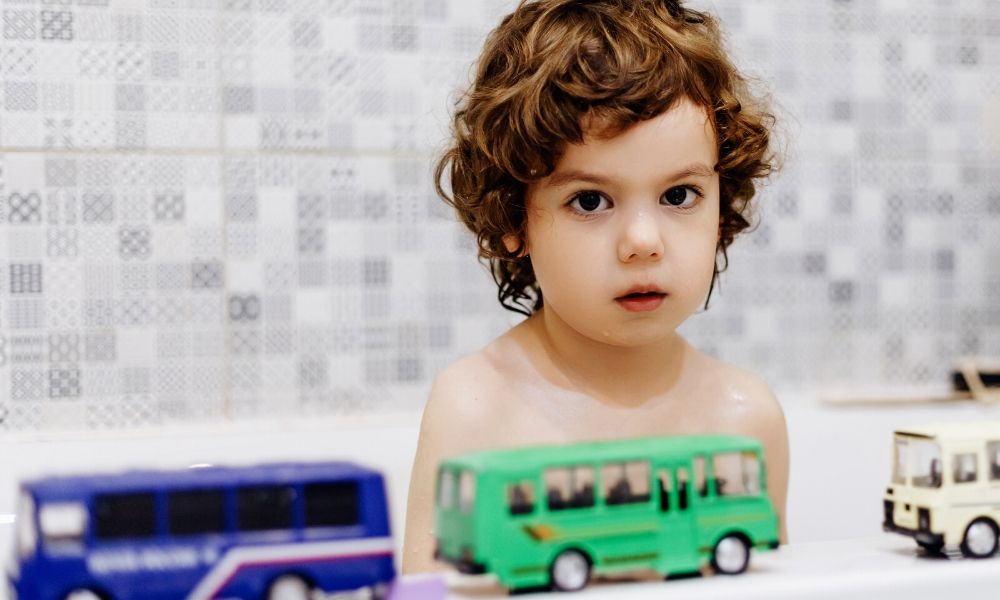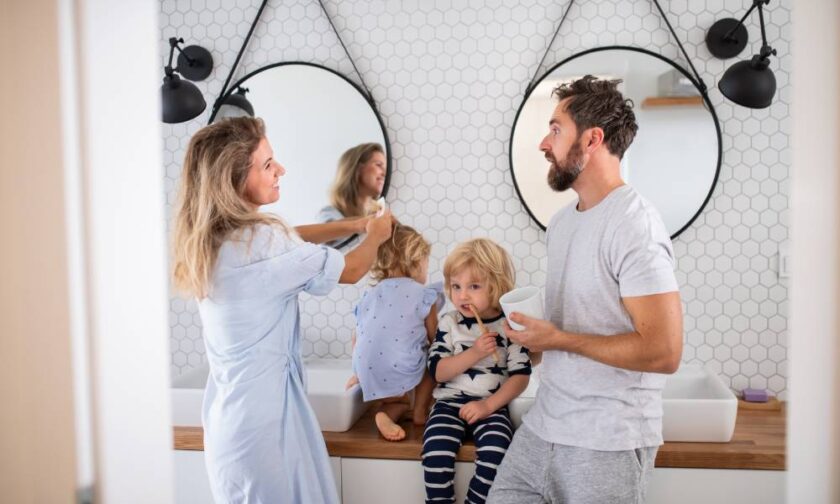As we attempt to physically distance ourselves from others to stop the spread of the Coronavirus, millions of lives look different than they did a few months ago. Few people see others outside of their home except when they video chat with loved ones, kids are out of school and beginning e-learning lessons, and millions are out of work. Routines are drastically different, and that complicates life for our kids on the autism spectrum. Here are some shelter-in-place tips for parents of children with autism.
Ride Out the Initial Change in Routine
To start, your child’s day is completely different during this pandemic. They stay inside or near your house for most of the day rather than going to school or doing other activities they previously depended on. Because children with autism thrive on consistency and predictability, this hits them hard. Give them grace as they struggle with losing these things. They may have more tantrums, show more irritability, and return to problem behaviors you thought they’d left behind. Neither you nor your child needs to be perfect during this time, so don’t put too much pressure on yourself as you face your own pandemic-related stresses.
Prepare for Pleasant Surprises
As the weeks go on, things will likely get better as your child gets into a new routine—one that’s likely more comfortable than their last one, given that they’re in their home and not entering environments with lots of people and noises. If you’re riding out a transition change, look forward to this sweet spot, and take advantage of it by gradually adding new activities to their day. You may find that parenting your child with autism is, when all’s said and done, a bit easier during this pandemic. This can give you space to process your post-pandemic life and emotionally process a lost job, a family member’s sickness, or any number of other concerns.
Communicate Consistently
Even if you reach this sweet spot, you still need to keep communication channels open with your child. Kids with autism may not communicate their needs to you when at home because they spend all their time dedicated to their favorite activities. Rather than giving them fully over to their interests during this time, check in repeatedly. This gives you a chance to address under-the-surface habits that affect function, ranging from helping them go the bathroom appropriately to maintaining a healthy diet. The more they trust you to help them with something they struggle to communicate to others, the fewer accidents and issues you’ll deal with.
Drive Home Coping Strategies
Our final tip for parents sheltering-in-place with their kids with autism is to challenge them to develop other positive coping strategies in addition to communication. If they were in ABA therapy, they may lose contact with their therapist who would help them with those skills. Even if they’re engaging in telehealth alternatives, nothing is as impactful as an in-person guide. When your child has a tantrum or gets into a fight with a sibling, practice redirecting them to positive activities such as deep breathing or sitting down. Otherwise, be sensitive to the unique issues your child experiences and—rather than allowing negative habits to emerge—present and reward positive alternatives. Your guidance is very important for when they eventually interact with more people again.






